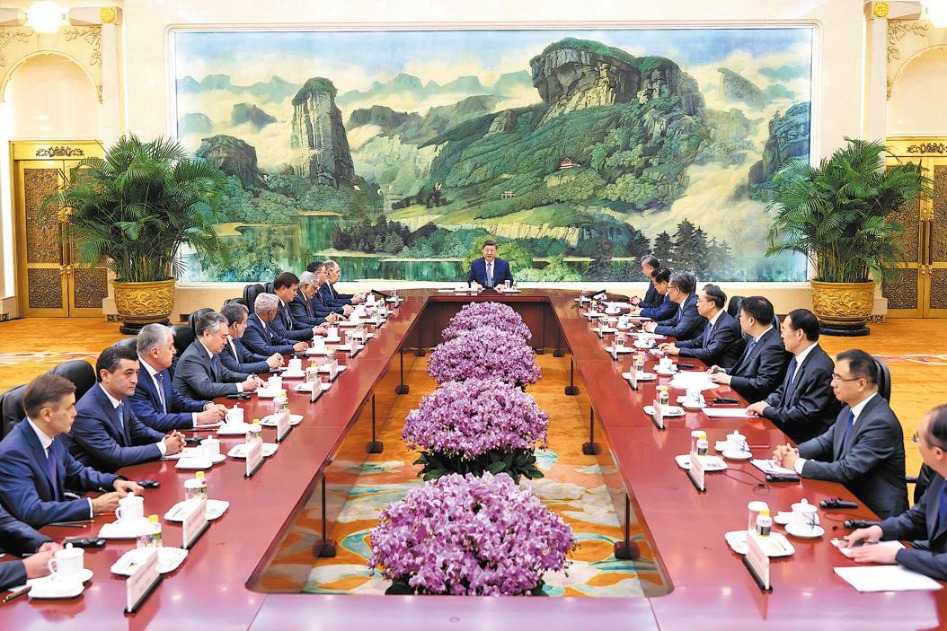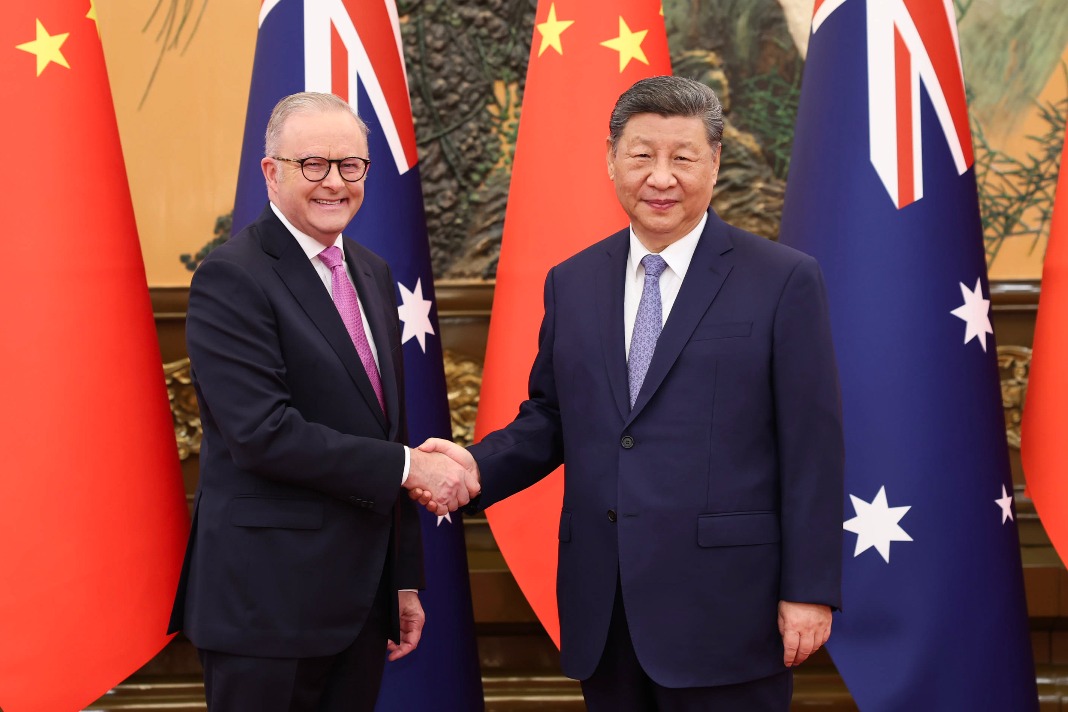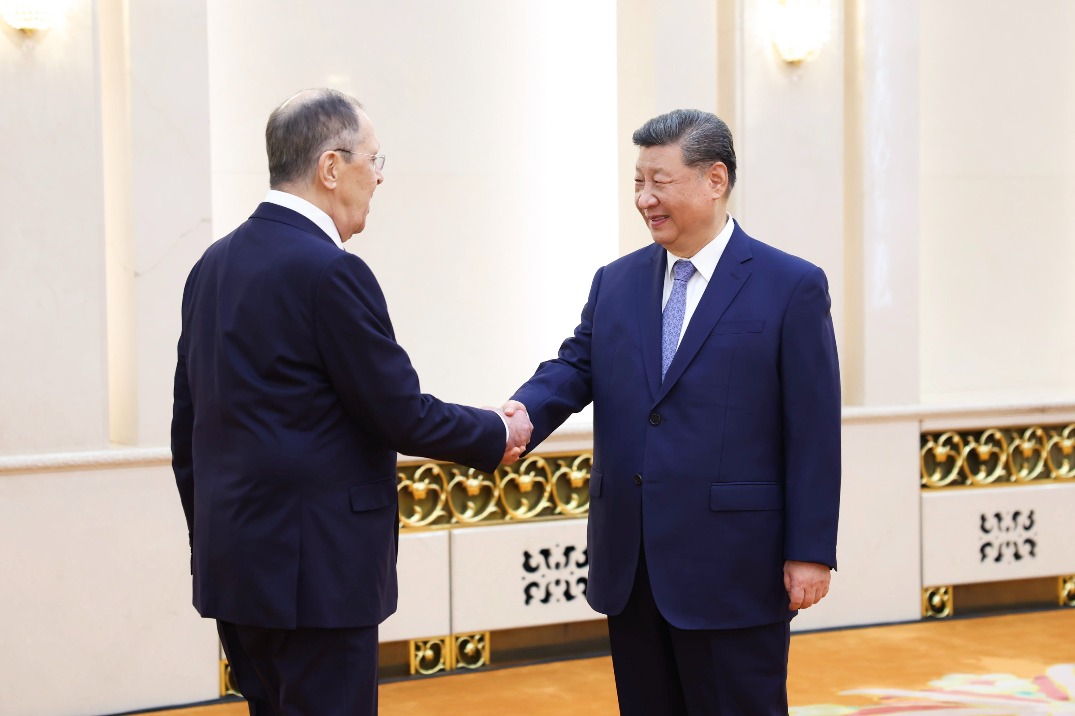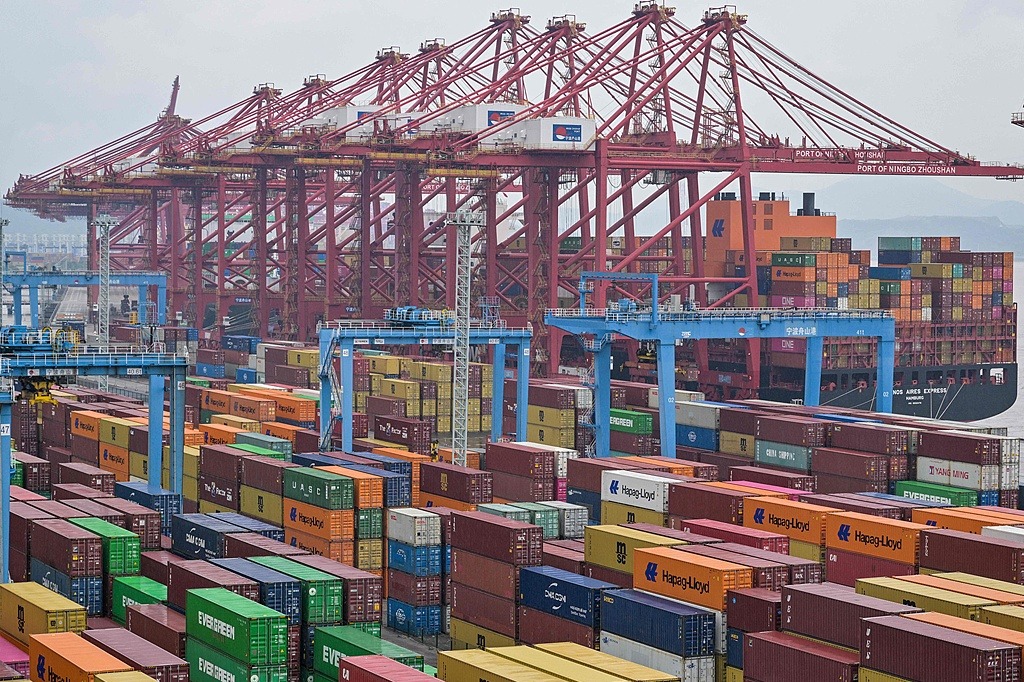US appears to be on track to resume beef exports to mainland

Now that the US Agriculture Department has a new secretary, the American cattle industry could be closer to shipping beef again to the Chinese mainland.
In a news conference Wednesday, Sonny Perdue, sworn in as agriculture secretary on April 25, said he was "convinced" that if Chinese "start eating US beef, they're going to want more of it".
Perdue said he has discussed the situation with Commerce Secretary Wilbur Ross and "we think we're making good progress in that area".
Last month, US Senator Steven Daines of Montana traveled to China and brought four steaks from the ranch of Fred Wacker, according to the Williston Herald of North Dakota. He gave the steaks to Premier Li Keqiang as a gesture to reopen Chinese markets to American beef.

China halted US beef imports in 2003 after a Washington state dairy cow was identified as having bovine spongiform encephalopathy (mad cow disease).
"They are convinced we have a safe, reliable supply of beef," the senator said. "There are some final, technical issues related to traceability that we are sorting out with the Chinese."
When President Xi Jinping and US President Donald Trump met at Mar-a-Lago in early April, expanded US beef exports were said to be part of a 100-day trade action plan the leaders agreed on. In September, China lifted a ban on shipments of some US beef products.
"Without question, restoring US beef access to China is a top priority for the US beef industry," Kent Bacus, director of international trade and market access at the National Cattlemen's Beef Association, told China Daily.
"We hope to build upon the positive momentum resulting from the recent meeting between President Trump and President Xi so that our friends in China can enjoy the safe and delicious beef that we produce and enjoy in the United States. America's cattlemen are looking forward to the opportunity to develop a long-lasting relationship with Chinese consumers."
The US has plenty of competitors when it comes to exporting beef.
During a visit by Premier Li in late March, Australia became the first country permitted to supply chilled or fresh meat to China, an agreement expected to increase Australia's beef exports to China by $400 million a year.
China ended a three-year embargo on Brazilian beef in May 2015, imposed because of a mad cow outbreak in 2012. Brazil has supplanted Australia as the biggest seller of beef to China, boosting exports by 65 percent in 2016.
Li announced that China would start importing iced fresh beef and lamb from New Zealand, during a trip there in March.
In February 2015, the Chinese government announced a temporary ban on imports of Canadian beef, shortly after Canada confirmed its first case of mad cow since 2011. The shipments were resumed in April 2015.
China stopped importing beef from the European Union 16 years ago because of mad cow, but announced last year that it would lift a ban on beef from Ireland. China has chosen to negotiate with individual countries as opposed to the EU as a whole.
France, the Netherlands, the UK, Belgium and Italy are optimistic exports can resume soon. Hungary reached a frozen beef export deal with China in 2014, and made a shipment to Shanghai this past January.
Pork is still the most-consumed meat in China, but per capita consumption is falling while beef demand is increasing.
"It is difficult to estimate a dollar amount impact (for the US) until we know what beef products the trade protocols will allow," Josh Maples, assistant professor and livestock extension economist in the Department of Agricultural Economics at Mississippi State University, told China Daily. "Gaining market access to the Chinese mainland is an important outlet for US cattle producers."
US exports of beef also could get a boost by the confirmation of Iowa Governor Terry Branstad as US ambassador to China. Branstad went before the Senate Foreign Relations Committee on Tuesday in his confirmation hearing.
"Mad cow disease is long since gone in this country, and there is no reason why the Chinese should continue to restrict American beef," Branstad said in February. "I want to serve it in the embassy, and I certainly want to do what I can to try to convince the Chinese leadership to do that sooner rather than later."
Senator Daines put it this way: "They have 1.4 billion customers there. It's not just about today, but long term. Kids in Montana growing up on farms and ranches - who are they going to be selling to? We are laying the groundwork for the future of Montana agriculture."
Contact the writer at williamhennelly@chinadailyusa.com
(China Daily USA 05/04/2017 page2)
Today's Top News
- Economic growth momentum expected to continue
- Tianzhou 9 embarks on cargo mission to Tiangong
- SCO urged to play more active role
- Green, beautiful, livable cities call for modernized urbanization path
- Urban renewal beyond economic growth
- Xi meets Russian FM in Beijing






























